
ONDO
Ondo price
$1.0264
-$0.00500
(-0.49%)
Price change for the last 24 hours

How are you feeling about ONDO today?
Share your sentiments here by giving a thumbs up if you’re feeling bullish about the coin or a thumbs down if you’re feeling bearish.
Vote to view results
Disclaimer
The social content on this page ("Content"), including but not limited to tweets and statistics provided by LunarCrush, is sourced from third parties and provided "as is" for informational purposes only. OKX does not guarantee the quality or accuracy of the Content, and the Content does not represent the views of OKX. It is not intended to provide (i) investment advice or recommendation; (ii) an offer or solicitation to buy, sell or hold digital assets; or (iii) financial, accounting, legal or tax advice. Digital assets, including stablecoins and NFTs, involve a high degree of risk, can fluctuate greatly. The price and performance of the digital assets are not guaranteed and may change without notice.
OKX does not provide investment or asset recommendations. You should carefully consider whether trading or holding digital assets is suitable for you in light of your financial condition. Please consult your legal/tax/investment professional for questions about your specific circumstances. For further details, please refer to our Terms of Use and Risk Warning. By using the third-party website ("TPW"), you accept that any use of the TPW will be subject to and governed by the terms of the TPW. Unless expressly stated in writing, OKX and its affiliates (“OKX”) are not in any way associated with the owner or operator of the TPW. You agree that OKX is not responsible or liable for any loss, damage and any other consequences arising from your use of the TPW. Please be aware that using a TPW may result in a loss or diminution of your assets. Product may not be available in all jurisdictions.
OKX does not provide investment or asset recommendations. You should carefully consider whether trading or holding digital assets is suitable for you in light of your financial condition. Please consult your legal/tax/investment professional for questions about your specific circumstances. For further details, please refer to our Terms of Use and Risk Warning. By using the third-party website ("TPW"), you accept that any use of the TPW will be subject to and governed by the terms of the TPW. Unless expressly stated in writing, OKX and its affiliates (“OKX”) are not in any way associated with the owner or operator of the TPW. You agree that OKX is not responsible or liable for any loss, damage and any other consequences arising from your use of the TPW. Please be aware that using a TPW may result in a loss or diminution of your assets. Product may not be available in all jurisdictions.
Ondo market info
Market cap
Market cap is calculated by multiplying the circulating supply of a coin with its latest price.
Market cap = Circulating supply × Last price
Market cap = Circulating supply × Last price
Circulating supply
Total amount of a coin that is publicly available on the market.
Market cap ranking
A coin's ranking in terms of market cap value.
All-time high
Highest price a coin has reached in its trading history.
All-time low
Lowest price a coin has reached in its trading history.
Market cap
$3.23B
Circulating supply
3,159,107,529 ONDO
31.59% of
10,000,000,000 ONDO
Market cap ranking
--
Audits

Last audit: Apr 17, 2021
24h high
$1.1347
24h low
$0.99680
All-time high
$2.1480
-52.22% (-$1.1216)
Last updated: Dec 16, 2024
All-time low
$0.50390
+103.69% (+$0.52250)
Last updated: Aug 5, 2024
Ondo Feed
The following content is sourced from .

ICO Drops
.@jpmorgan Chase has completed the first transaction settlement on the public chain with the help of @chainlink and @OndoFinance, purchasing tokenized treasury bonds deployed on the $ONDO public ledger through a private chain account and triggering cross-chain payments using the Chainlink
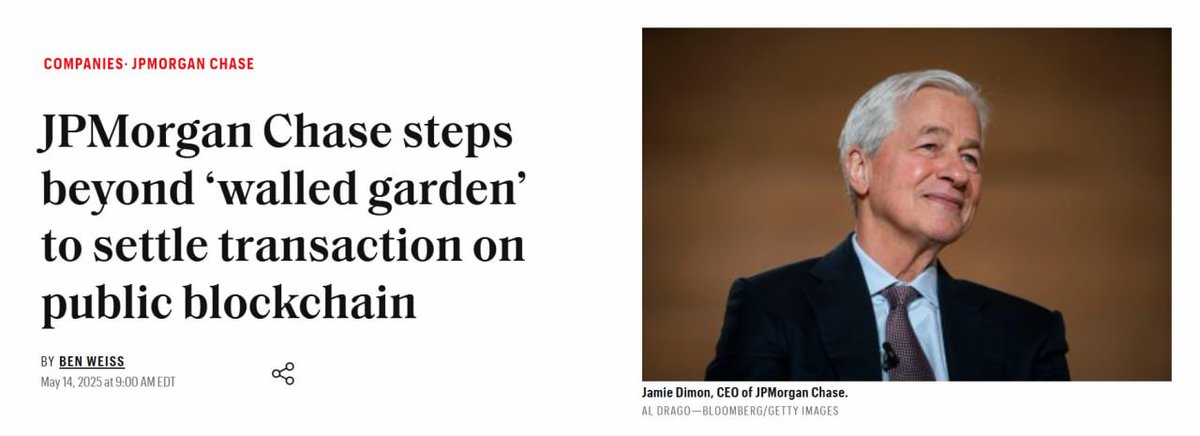
14.29K
43

noob botter
Awesome
I'll take a closer look tomorrow

Ondo Finance
1/ Kinexys by J.P. Morgan (@jpmorgan), Ondo Finance, and @chainlink are teaming up to connect bank settlement infrastructure to Ondo Chain.
Today, we are excited to announce the debut transaction on Ondo Chain testnet — a cross-chain, atomic DvP settlement of OUSG.
8.34K
3
ONDO calculator


Ondo price performance in USD
The current price of Ondo is $1.0264. Over the last 24 hours, Ondo has decreased by -0.48%. It currently has a circulating supply of 3,159,107,529 ONDO and a maximum supply of 10,000,000,000 ONDO, giving it a fully diluted market cap of $3.23B. At present, the Ondo coin holds the 0 position in market cap rankings. The Ondo/USD price is updated in real-time.
Today
-$0.00500
-0.49%
7 days
+$0.16550
+19.22%
30 days
+$0.15080
+17.22%
3 months
-$0.30420
-22.87%
Popular Ondo conversions
Last updated: 05/15/2025, 01:32
| 1 ONDO to USD | $1.0234 |
| 1 ONDO to EUR | €0.91347 |
| 1 ONDO to PHP | ₱57.1108 |
| 1 ONDO to IDR | Rp 16,952.13 |
| 1 ONDO to GBP | £0.76949 |
| 1 ONDO to CAD | $1.4293 |
| 1 ONDO to AED | AED 3.7590 |
| 1 ONDO to VND | ₫26,547.34 |
About Ondo (ONDO)
- Official website
- Github
- Block explorer
About third-party websites
About third-party websites
By using the third-party website ("TPW"), you accept that any use of the TPW will be subject to and governed by the terms of the TPW. Unless expressly stated in writing, OKX and its affiliates ("OKX") are not in any way associated with the owner or operator of the TPW. You agree that OKX is not responsible or liable for any loss, damage and any other consequences arising from your use of the TPW. Please be aware that using a TPW may result in a loss or diminution of your assets.
Latest news about Ondo (ONDO)

JPMorgan completes first public tokenized treasury trade in partnership with Ondo Finance, Chainlink
JPMorgan Chase has completed its structured transaction on a public blockchain for the first time...
May 14, 2025|Crypto Briefing

JPMorgan’s Kinexys Connects With Public Blockchain on Ondo Chain Testnet Debut
The testnet deal links JPMorgan’s Kinexys payments network to Ondo Chain using Chainlink’s cross-chain tech
May 14, 2025|CoinDesk

Stellar Sees $3B of Real World Assets Coming On-Chain in 2025
The Stellar blockchain has made new partnerships with Paxos, Ondo, Etherfuse and SG Forge.
Apr 17, 2025|CoinDesk
Learn more about Ondo (ONDO)

What is Ondo: Get to know all about ONDO
What is Ondo ONDO? Ondo (ONDO) is a decentralized digital currency that leverages blockchain technology to enable secure and transparent transactions. As the native token of the Ondo Finance ecosystem, ONDO plays a pivotal role in bridging the gap between traditional finance (TradFi) and decentralized finance (DeFi). With a current price of $1.1452, Ondo ONDO has gained attention as an emerging global currency. But what is Ondo ONDO, and why is it significant? Let’s dive deeper into its ecosystem, tokenomics, and use cases.
Apr 29, 2025|OKX

How to buy Ondo ONDO on DEX?
What is Ondo ONDO? Ondo (ONDO) is a decentralized digital currency that leverages blockchain technology to facilitate secure and transparent transactions. As the native token of the Ondo Finance ecosystem, ONDO plays a pivotal role in governance, allowing holders to vote on proposals, protocol changes, and treasury management. With a total supply of 10 billion tokens, ONDO is designed to bridge the gap between traditional finance (TradFi) and decentralized finance (DeFi) by offering tokenized real-world assets (RWAs).
Mar 3, 2025|OKX

What is Ondo Finance (ONDO)? Bridging TradFi to DeFi
Ondo Finance is a decentralized finance (DeFi) platform that’s designed to bridge the gap between traditional finance (TradFi) and DeFi through the tokenization of real-world assets (RWA) . Ondo isn't a single platform. Instead, it's developed a range of products, protocols, and services aimed at offering crypto traders more avenues to trade.
May 28, 2024|OKX|
Intermediate
Ondo FAQ
How much is 1 Ondo worth today?
Currently, one Ondo is worth $1.0264. For answers and insight into Ondo's price action, you're in the right place. Explore the latest Ondo charts and trade responsibly with OKX.
What is cryptocurrency?
Cryptocurrencies, such as Ondo, are digital assets that operate on a public ledger called blockchains. Learn more about coins and tokens offered on OKX and their different attributes, which includes live prices and real-time charts.
When was cryptocurrency invented?
Thanks to the 2008 financial crisis, interest in decentralized finance boomed. Bitcoin offered a novel solution by being a secure digital asset on a decentralized network. Since then, many other tokens such as Ondo have been created as well.
Will the price of Ondo go up today?
Check out our Ondo price prediction page to forecast future prices and determine your price targets.
Monitor crypto prices on an exchange
Watch this video to learn about what happens when you move your money to a crypto exchange.
ESG Disclosure
ESG (Environmental, Social, and Governance) regulations for crypto assets aim to address their environmental impact (e.g., energy-intensive mining), promote transparency, and ensure ethical governance practices to align the crypto industry with broader sustainability and societal goals. These regulations encourage compliance with standards that mitigate risks and foster trust in digital assets.
Asset details
Name
OKcoin Europe LTD
Relevant legal entity identifier
54930069NLWEIGLHXU42
Name of the crypto-asset
Ondo
Consensus Mechanism
The Ethereum network uses a Proof-of-Stake Consensus Mechanism to validate new transactions on the blockchain. Core Components 1. Validators: Validators are responsible for proposing and validating new blocks. To become a validator, a user must deposit (stake) 32 ETH into a smart contract. This stake acts as collateral and can be slashed if the validator behaves dishonestly. 2. Beacon Chain: The Beacon Chain is the backbone of Ethereum 2.0. It coordinates the network of validators and manages the consensus protocol. It is responsible for creating new blocks, organizing validators into committees, and implementing the finality of blocks. Consensus Process 1. Block Proposal: Validators are chosen randomly to propose new blocks. This selection is based on a weighted random function (WRF), where the weight is determined by the amount of ETH staked. 2. Attestation: Validators not proposing a block participate in attestation. They attest to the validity of the proposed block by voting for it. Attestations are then aggregated to form a single proof of the block’s validity. 3. Committees: Validators are organized into committees to streamline the validation process. Each committee is responsible for validating blocks within a specific shard or the Beacon Chain itself. This ensures decentralization and security, as a smaller group of validators can quickly reach consensus. 4. Finality: Ethereum 2.0 uses a mechanism called Casper FFG (Friendly Finality Gadget) to achieve finality. Finality means that a block and its transactions are considered irreversible and confirmed. Validators vote on the finality of blocks, and once a supermajority is reached, the block is finalized. 5. Incentives and Penalties: Validators earn rewards for participating in the network, including proposing blocks and attesting to their validity. Conversely, validators can be penalized (slashed) for malicious behavior, such as double-signing or being offline for extended periods. This ensures honest participation and network security.
Incentive Mechanisms and Applicable Fees
Ethereum, particularly after transitioning to Ethereum 2.0 (Eth2), employs a Proof-of-Stake (PoS) consensus mechanism to secure its network. The incentives for validators and the fee structures play crucial roles in maintaining the security and efficiency of the blockchain. Incentive Mechanisms 1. Staking Rewards: Validator Rewards: Validators are essential to the PoS mechanism. They are responsible for proposing and validating new blocks. To participate, they must stake a minimum of 32 ETH. In return, they earn rewards for their contributions, which are paid out in ETH. These rewards are a combination of newly minted ETH and transaction fees from the blocks they validate. Reward Rate: The reward rate for validators is dynamic and depends on the total amount of ETH staked in the network. The more ETH staked, the lower the individual reward rate, and vice versa. This is designed to balance the network's security and the incentive to participate. 2. Transaction Fees: Base Fee: After the implementation of Ethereum Improvement Proposal (EIP) 1559, the transaction fee model changed to include a base fee that is burned (i.e., removed from circulation). This base fee adjusts dynamically based on network demand, aiming to stabilize transaction fees and reduce volatility. Priority Fee (Tip): Users can also include a priority fee (tip) to incentivize validators to include their transactions more quickly. This fee goes directly to the validators, providing them with an additional incentive to process transactions efficiently. 3. Penalties for Malicious Behavior: Slashing: Validators face penalties (slashing) if they engage in malicious behavior, such as double-signing or validating incorrect information. Slashing results in the loss of a portion of their staked ETH, discouraging bad actors and ensuring that validators act in the network's best interest. Inactivity Penalties: Validators also face penalties for prolonged inactivity. This ensures that validators remain active and engaged in maintaining the network's security and operation. Fees Applicable on the Ethereum Blockchain 1. Gas Fees: Calculation: Gas fees are calculated based on the computational complexity of transactions and smart contract executions. Each operation on the Ethereum Virtual Machine (EVM) has an associated gas cost. Dynamic Adjustment: The base fee introduced by EIP-1559 dynamically adjusts according to network congestion. When demand for block space is high, the base fee increases, and when demand is low, it decreases. 2. Smart Contract Fees: Deployment and Interaction: Deploying a smart contract on Ethereum involves paying gas fees proportional to the contract's complexity and size. Interacting with deployed smart contracts (e.g., executing functions, transferring tokens) also incurs gas fees. Optimizations: Developers are incentivized to optimize their smart contracts to minimize gas usage, making transactions more cost-effective for users. 3. Asset Transfer Fees: Token Transfers: Transferring ERC-20 or other token standards involves gas fees. These fees vary based on the token's contract implementation and the current network demand.
Beginning of the period to which the disclosure relates
2024-04-20
End of the period to which the disclosure relates
2025-04-20
Energy report
Energy consumption
6330.65239 (kWh/a)
Energy consumption sources and methodologies
The energy consumption of this asset is aggregated across multiple components:
To determine the energy consumption of a token, the energy consumption of the network(s) ethereum is calculated first. Based on the crypto asset's gas consumption per network, the share of the total consumption of the respective network that is assigned to this asset is defined. When calculating the energy consumption, we used - if available - the Functionally Fungible Group Digital Token Identifier (FFG DTI) to determine all implementations of the asset of question in scope and we update the mappings regulary, based on data of the Digital Token Identifier Foundation.
ONDO calculator








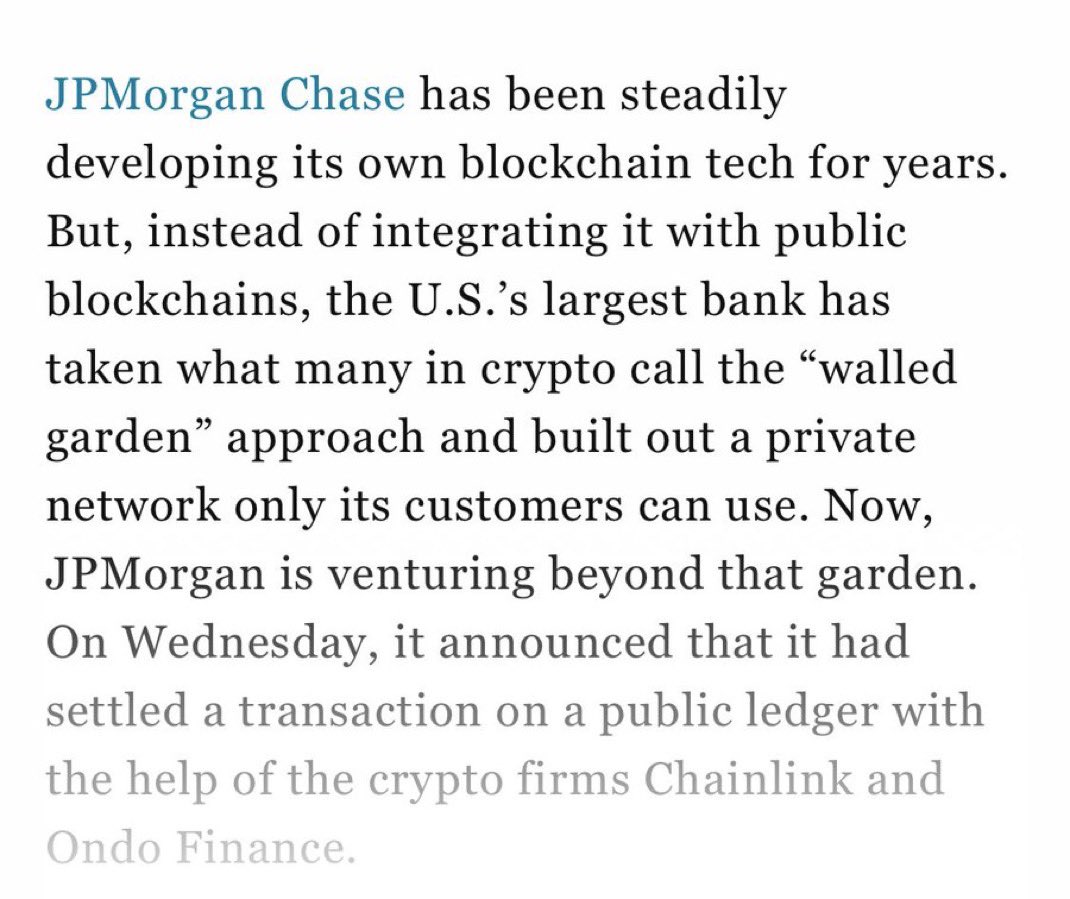


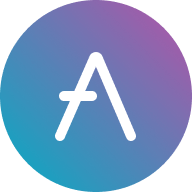








Socials